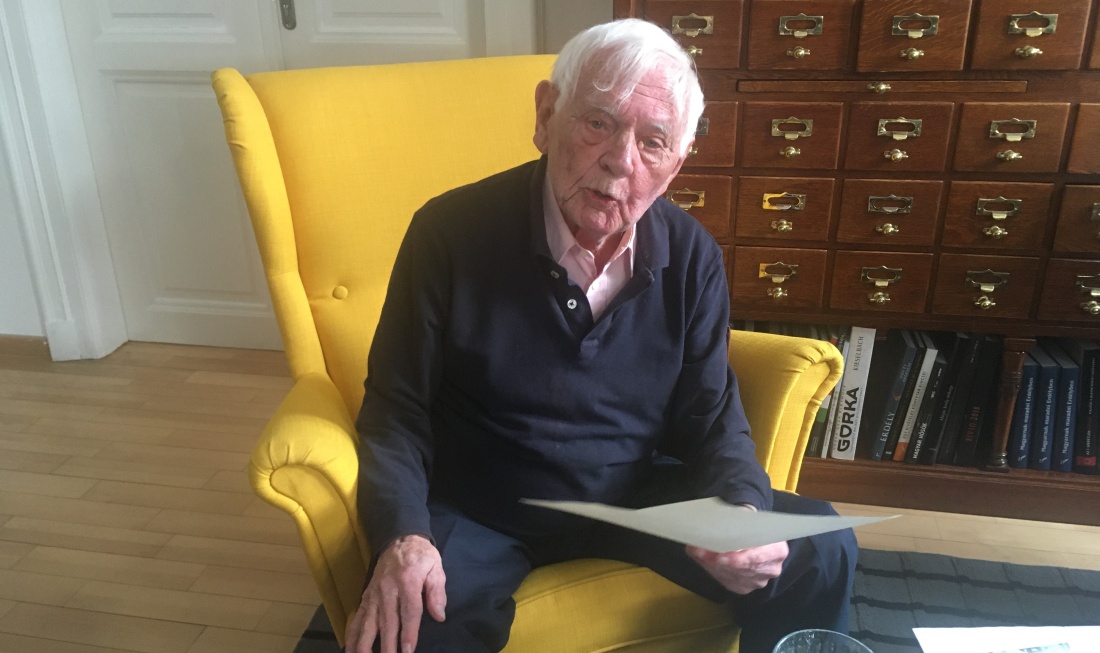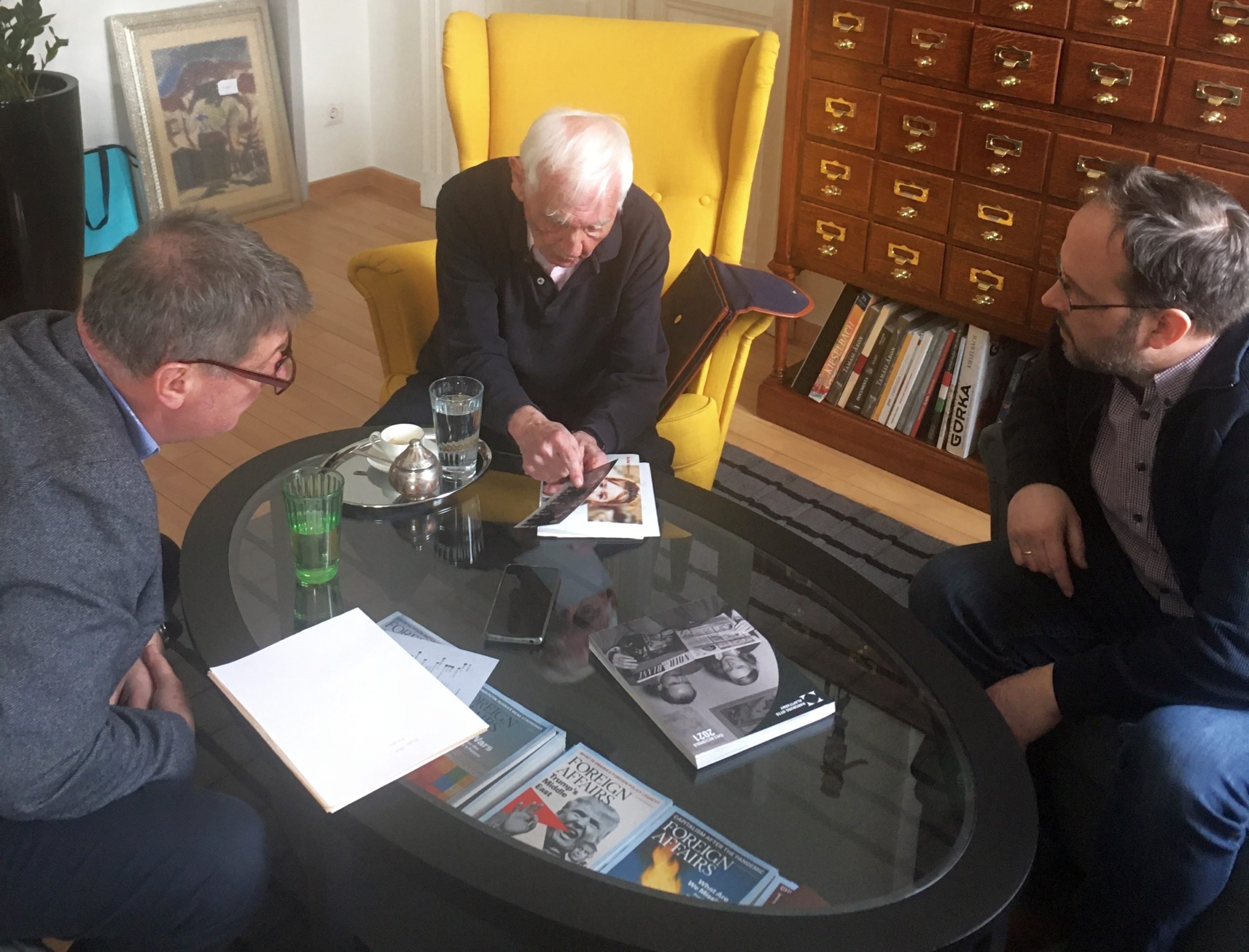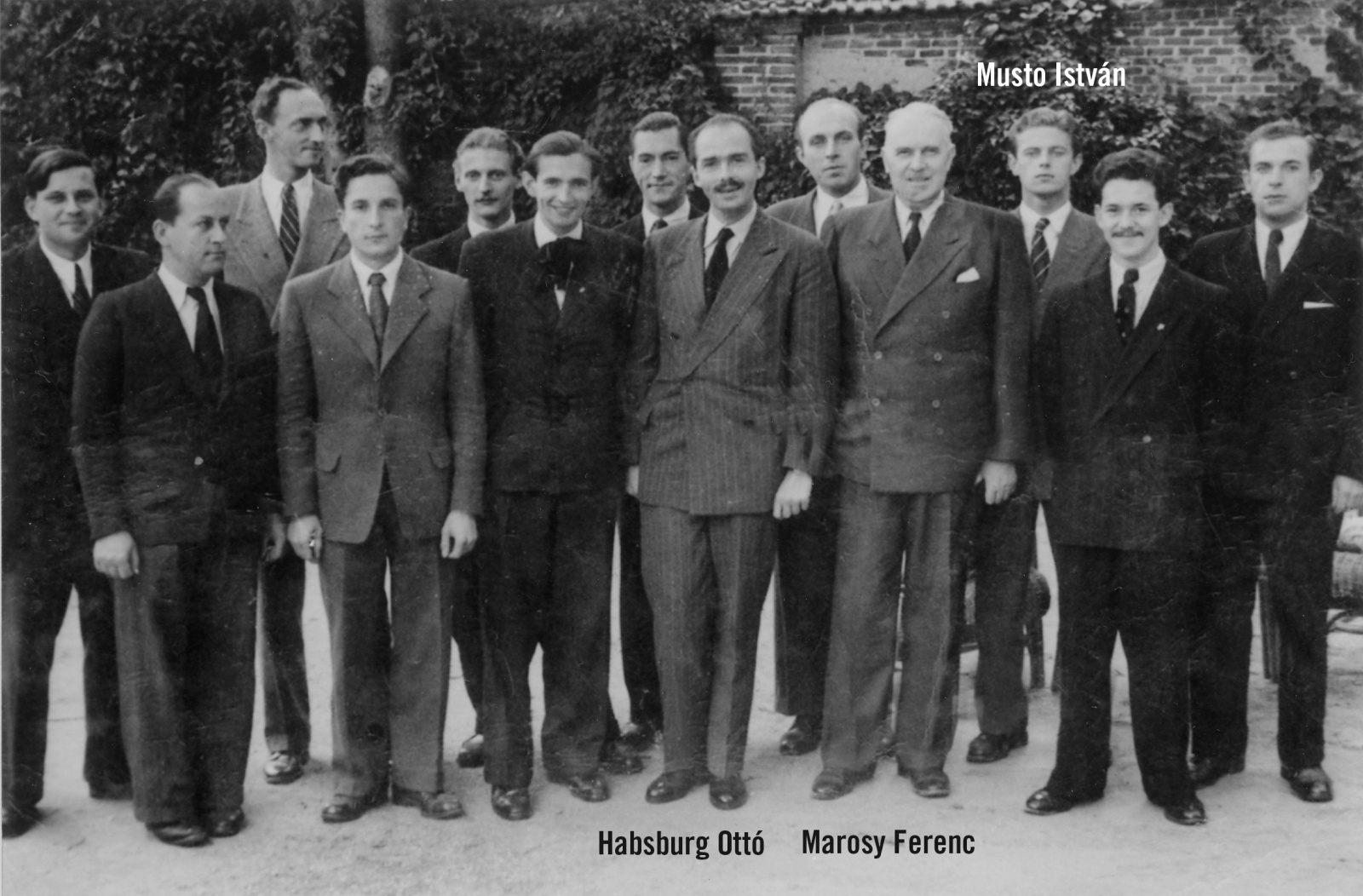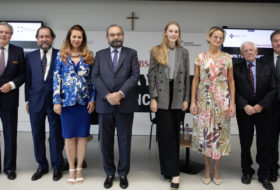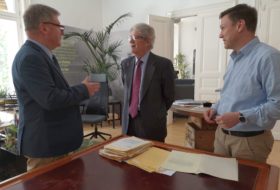The visit by István Musto to our Foundation was a remarkable event. I have known the former politician and university professor, who is now in his nineties, for over thirty years, as he was the Hungarian representative of the Friedrich Naumann Foundation from 1989 to the end of 1992, of which I later assumed the directorship. The daily political turmoil of the years following the change of regime has been largely forgotten, and many figures of the era are no longer with us. István Musto returned permanently to Hungary with a wealth of experience, and his biography is rich in twists and turns.
He was born on 17 July 1933 in Derecske, Bihor County. His father, Sándor Musto, was a lawyer and notary. His maternal grandfather was Péter Ertsey, a lawyer and a member of the National Assembly. The family moved to Germany in 1945. He attended primary school in Debrecen and completed secondary school at the Hungarian high school in Passau. From 1951 he studied in Madrid, where he became acquainted with Otto von Habsburg and the activities of the Royal Hungarian Embassy in Madrid, as well as with several members of the Hungarian emigration. In 1957 he obtained a degree in political and economic science. He earned a doctorate in political science and economics at the University of Berlin in 1959. From 1957 to 1962, he worked for Radio Free Europe. From 1963 to 1965, he worked as a researcher and lecturer at the Catholic University of Bogotá in Colombia and from 1966 to 1989 at the German Development Institute in Berlin. From 1974 he was a professor at the Technical University of the city. In 1972 he obtained a doctorate in sociology. In the 1980s, he served on numerous occasions as an expert for the Bonn government and the European Commission. In this capacity, he was involved in the preparation of the enlargement of the European Commission to Spain and Portugal. His scientific research fields are development policy, foreign affairs and economics, and European integration. He has published seventeen books, some three hundred academic papers and hundreds of articles in German, Spanish and Hungarian journals. In 1989, at the request of the German government, he took over the management of the Budapest office of the liberal Friedrich Naumann Foundation, a post he held until the end of 1992. In 1970 he became a member of the German Free Democratic Party (FDP). In 1991, the University Medical School in Debrecen awarded him an honorary doctorate. In the 1994 parliamentary elections, he received his seat from the thirty-fifth place on the SZDSZ national list. In the legislature, he served on the Standing Committee on Foreign Affairs and the Standing Committee on European Integration. After the end of his parliamentary term, he resumed his international academic career and has been living in Budapest for a few years.
1951, Otto von Habsburg with Ambassador Marosy and Hungarian students in Madrid
At the time we met, I was unaware that during his years in Madrid, he had interacted with the namesake of our Foundation; we discovered this by studying the relations between the Hungarian Royal Ambassador Ferenc Marosy and Otto von Habsburg through a photograph. During his long career, he closely followed the history of European integration, drawing conclusions that continue to influence today’s political events. It is, therefore, worth exploring from as many perspectives as possible. We are delighted and honoured that István Musto accepted our invitation to share his experiences.
Gergely Prőhle
You can listen to our conversation with István Musto in Hungarian below:
